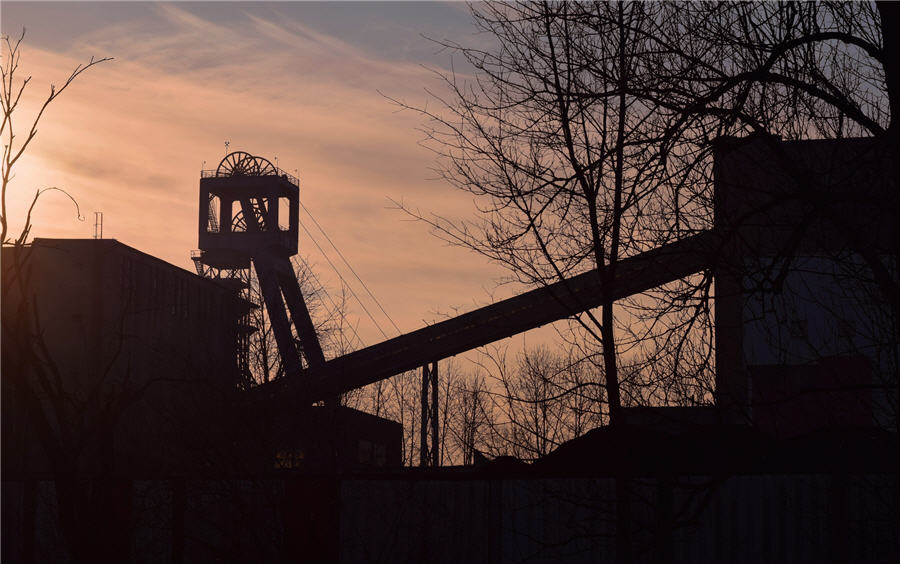Polish government has turned energy market into a ‘tragedy,’ regulator says

Poland’s energy market is being left to speculators after repeated interventions by the government have put off long-term investors, the head of market regulator URE told Reuters, describing the situation as a “tragedy”.
Maciej Bando, whose five-year term ends in June, said unpredictable decisions by the ruling Law and Justice (PiS) party aimed at protecting state-run businesses and a recent cap on power prices were reminiscent of the communist era.
Despite some shift in the government’s position last year towards green energy, Poland would not meet the European Union’s target of 15 percent of energy from renewables
Since coming to power in late 2015, the traditionally pro-coal PiS has introduced a number of regulations that have halted investments in wind farms and forced state-run, but listed, utilities to support the mining industry.
In December, the government also capped electricity prices for households, which are normally regulated by URE, and attempted to impose lower prices for big electricity consumers. Since then, industry sources say it has been unclear what price electricity should be sold at, causing chaos in the market.
“I would define the current situation as a big question mark. I do not see any solutions. In some areas the situation is clearly a result of lack of competence, while in others a result of policies typical for the people’s democracy,” Bando told Reuters.
He added the jump in wholesale prices last year, which prompted the energy minister to freeze bills ahead of a general election in 2019, was partly due to the government’s decisions to protect state-run utilities.
“Looking at the price jump last year, one should point to fundamental reasons – CO2 emission cost and coal price. But there was also a significant, three-fold increase in the clean-dark spread, which excludes the coal price and CO2 cost,” Bando said.
“It means that a margin is being piled up somewhere inside the sector. So this surge in power price, which had not been observed before, is an extension of the ownership policies,” he said, adding he saw the CO2 emission price at 24-27 euro per tonne by the end of the year compared with 26 euros currently.
Bando said that despite some shift in the government’s position last year towards green energy, Poland would not meet the European Union’s target of 15 percent of energy from renewables, in terms of gross final energy consumption, by 2020.
“I would not like investors to abandon our market. But reason tells me that in such conditions only speculative capital may remain here, hoping for higher profits, while the fundamental one will slowly change its location to a more stable, quieter location. That is very bad,” he said.
(By Agnieszka Barteczko; Editing by Mark Potter)
{{ commodity.name }}
{{ post.title }}
{{ post.date }}




Comments